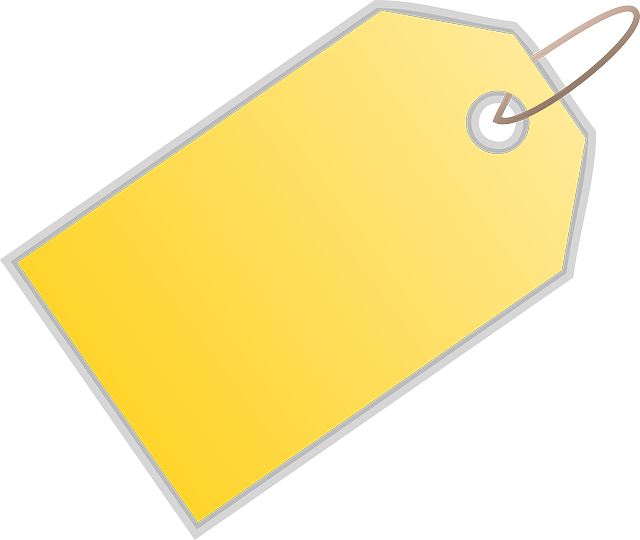
I recently published my first op-ed in the Jewish Press. In it, I made the claim — contrary to the beliefs of the far-right wing publication —that those of us who were raised in the left-wing Modern Orthodox world are not, actually lost to secularism, but are instead, re-imagining the world of traditionally observant Judaism in the spirit of the modern values that we see all around us.
One comment, left by a woman who seemed to have taken issue with my saying that there cannot be an inconsistency between my modern values and my traditional observance, told me to stop labeling myself. It’s easier that way, she said.
Herein, however, lies my problem: I seek to label myself.
I wrote an article last week in New Voices about the issue of labeling centrist Judaism under the catch-call term Conservative Judaism. Labels seek to show other people how I affiliate with other people and groups: I subscribe to their values and practices, and they, in turn, give me a community and the benefits that come with affiliating with it. If I call myself “Orthodox,” people can assume certain things about me: I observe Shabbat and the laws of kashrut. I hold certain views on the authorship of the Bible and the legitimacy of the Talmud and later rabbinic literature. I have certain views on egalitarianism — the list goes on and on.
In turn, by identifying as Modern Orthodox, and by joining a Modern Orthodox community, I can find and share values with other similarly identified Jews. Labels can limit me, yes, but they can also give me a niche in which to find my own Jewish community.
What happens, then, when I don’t necessarily have a community? I, for example, have written about being part of the Conservative, Modern Orthodox, and Conservadox communities all at the same time, and having certain aspects of my beliefs and practices in common with each of those movements and communities — but, does that mean then that I cannot belong to any of them? All of them? None of them?
Asking myself this means that I must, eventually, find a community with which to identify. While it would be very nice to live in a world where I did not feel the need to label myself, as a social human being who craves interaction with others, I must seek to label — perhaps even limit — myself so as to find a community in which I am comfortable.
However, in order to label myself, I need other people to help me by lending credence to a definition of Modern Orthodoxy. Part of the problem of Modern Orthodoxy is that there is relatively little literature on the philosophy behind it as a movement. There are rabbis like Joseph Soloveitchik, Avraham Weiss, and the late Eliezer Berkovits, but the amount of literature they have produced pales in comparison with the literature that forms the basis of contemporary Orthodox Judaism. Instead, it seems, the heterogeneity of the Modern Orthodox community attracts as many as it repels.
So, no, I must label myself. Other people might not agree with how I seek to label myself, and I may disagree with other people over what that label means to me, but I must be able to label myself and find a community that is steeped in both modernity and rich tradition. Judaism is a communal religion, and must be done in concert with my fellow Jewish brothers and sisters. I can create my own label, to be sure, but I must also be able to make that label with other Jews. I cannot create my own community in a vacuum.
I might be Modern Orthodox — but I also might not be. And if I am not, then I need to find another label for myself, and another community with which to affiliate. I refuse to stop labeling myself simply because there are others who disagree with my views. I, along with my fellow traditionally observant Jews, will be the ones to carry Modern Orthodoxy into the twenty-first century.
And we will do so with pride.
Amram Altzman is a student at List College.

